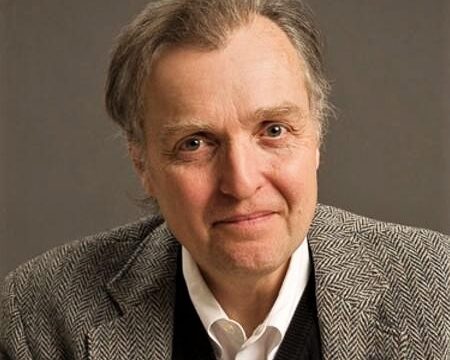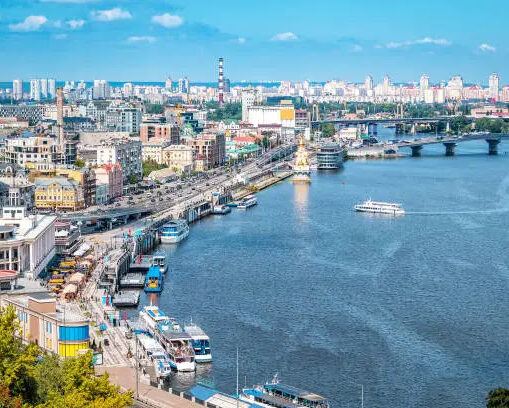The top issue on Bernie Sanders’ website is Income and Wealth Inequality. “America now has more wealth and income inequality than any major developed country on earth, and the gap between the very rich and everyone else is wider than at any time since the 1920s.” He is running on a platform of bridging the income gap. The gap is not the problem. It is a good sound bite, but the problem is not CEO pay but rather the deregulation of capitalism. With deregulation, companies can do what companies do, which is to make shareholders rich while following the letter of the law. In capitalism there is no regard for doing what is right and ethical. The laws and law makers must make the companies do what is agreed upon in our society as the right thing and there must be consequences.
I agree with many of Sanders’ solutions: increase minimum wage, increase in taxes for corporations and the wealthy, BUT I am a capitalist who believes in heavily regulated capitalism that protects workers, society and the environment. We live in a capitalist country and it has made us richer than most of the rest of the world. According to the Global Rich List, a website that brings awareness to worldwide income disparities, an income of $32,400 puts you in the top 1% globally. If you make more than $25,000 you are in the top 2%. The poverty line in the U.S. is $11,880 and globally that makes you in the top 15% of the richest people on the planet.
In capitalism there will always be wealth and income inequality. More focus needs to be on raising the bottom than limiting the top. Why do we care if CEOs makes obscene amounts of income if they pay fair share taxes, there are good jobs and health care for all, and if everyone who works makes a living wage? We have one of the strongest and most robust economies in the world; most of us are, by definition, in the global top 2%. The changes in the last 100 years have reduced monopolies, reduced working hours, reduced work related injuries and reduced workplace deaths. Workers now have legal rights and employers have legal requirements. More still needs to be done to protect the environment, get money out of politics and make sure all workers earn a living wage, but great progress has been made.
We are the globally rich, and when we give our money to foreign aid and our companies invest in foreign economic development, we can help the world rise out of poverty as we have defined it. If we increase protectionism and isolation and try to keep our economy contained and outside of the global economy it hurts our long-term economic growth. This could end trade agreements and cause our prices of imported goods to go up. When we trade with other nations and invest in jobs overseas we are helping other economies grow and exporting our way of life and increasing their standard of living as well as our own.
CNN reports Beijing now tops the 2016 list of the cities with the most billionaires, beating New York for the first time. Moscow is No. 3, and five of the top 10 cities are in China, The People’s Republic of China, that is. China is no longer really a communist country. As a result of foreign investment, joint ventures and economic reforms started in the 1970s, China’s economy has been booming for decades and is now considered a form of state capitalism. The Chinese believe that “a rising tide lifts all boats” and are focused on a growing economy for all, without limiting the billionaires. Capitalism has flaws, but if regulated, it works for economic development.
Limiting people’s incomes is socialism and will not work. Why stop at CEO pay? Actors, athletes and big business owners all makes substantially more than the average person. Where do we stop? When we move to limit one group over another it becomes discriminatory. In capitalism, what a person earns is what the market is willing to pay. This is between the owners and the employees. Limiting income limits innovation and has the potential to take away the incentive for people to achieve. It also does nothing to solve the real problem of raising the minimum wage. Limiting incomes moves our economy from capitalism to socialism. The failure of the former Soviet Union and China’s shift to state capitalism has proven that socialism doesn’t work. So let us change the focus from the income gap to the real problem of increasing regulations on our form of capitalism, starting with a raise in the minimum wage.























